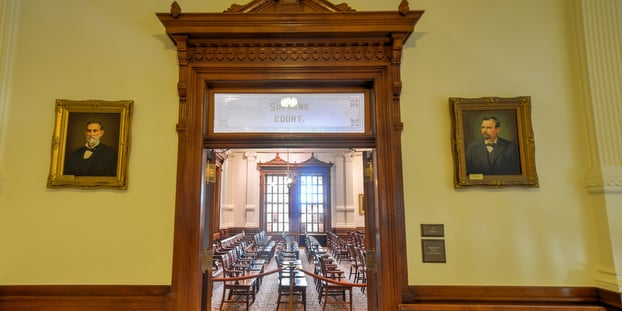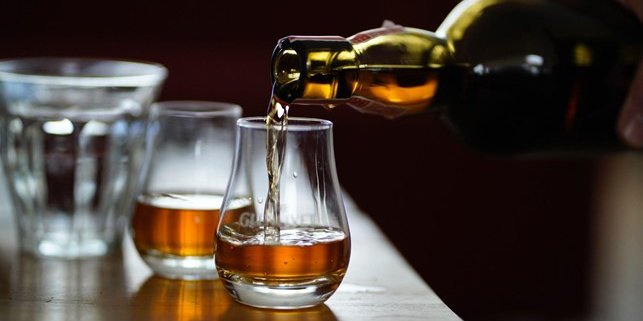
Texas craft breweries can finally sell beer to go from their taproom, but they will continue to have no rights for selling their product through distribution.
In 2013, beer wholesalers in Texas lobbied to pass a bill that basically
makes it illegal for craft brewers to get paid when they assign exclusive distribution rights for the beer they produce. While forcing craft brewers to give up their distribution rights for free when entering into a distribution contract, the law leaves distributors free to continue cashing in by selling the rights they obtained from brewers at no cost.
Live Oak Brewing, Peticolas Brewing and Revolver Brewing teamed up with the Institute for Justice (IJ) to challenge the sale prohibition under the Texas Constitution. A Texas district court judge struck down the sale prohibition in 2016, but the Third Court of Appeals in Austin reversed and upheld the law by reasoning that the government still allowed the craft brewers to brew beer.
This sent it to the Texas Supreme Court, which decided last week to officially pass on reviewing the constitutional challenge. Smh.
What does this mean?
By refusing to hear the case, the Texas Supreme Court leaves in place a law that prohibits craft breweries throughout the state from negotiating for the value of the distribution rights for their beer, while continuing to allow distributors to do so.
Under Texas’s three-tier system of beer distribution, most of the beer that brewers produce cannot be sold directly to consumers or retailers. Instead, it must first be sold to beer distributors, who in turn sell to retailers. Before the passage of the 2013 sale prohibition, beer distributors would compete for distribution rights and pay brewers for the right to sell their beer in cities across Texas. By preventing craft brewers from realizing the value that their beer has in markets, the law will continue to stifle the growth of craft beer in Texas.
“By refusing to hear this case, the Texas Supreme Court leaves a simple but profound constitutional question unresolved, and that should concern every business and entrepreneur in Texas,” said Arif Panju, managing attorney for IJ’s Texas office. “Picking winners and losers in the marketplace is not a legitimate use of government power — the Texas Constitution bars the government from engaging in economic protectionism.”
State breweries react
“I’m proud of the work I’ve put into my brewery and find it disappointing the government forces me to give some of it away for no legitimate public purpose,” said Chip McElroy, owner of Live Oak Brewing. “This law keeps our craft beer off of shelves in cities that we’d like to be in.”
“Texans have shown a serious passion for craft beer over the last decade, and it’s been a privilege to be a part of it,” Peticolas Brewing Owner Michael Peticolas said. “It’s just unfortunate that the government makes it hard for us to succeed and expand.”
“The right to earn an honest living free from unreasonable government interference — economic liberty — receives meaningful protection under the Texas Constitution,” said IJ Senior Attorney Jeff Rowes. “This right belongs to all Texans, and courts should never put it in the back seat when lawmakers decide to use government power to pick winners and losers.”
The Texas Craft Brewers Guild issued this statement:
“As small, entrepreneurial businesses, craft breweries can spend years building their brand and business relationships with retailers.
When the time comes for a craft brewery to work with a distributor, either by choice or due to legal requirements in the Texas Alcoholic Beverage Code, the value that they have built into their brand should rightfully be recognized through a traditional monetary business arrangement.
The fact that the Texas craft breweries are prohibited from receiving compensation for their territorial distribution right, while a distributor can immediately turn around and sell those brand rights to another distributor is the antithesis of a free market and the notion that Texas is open for business.”





Nick Stolz says
I live in Texas and work at a craft brewery… this law is most definitely absurd